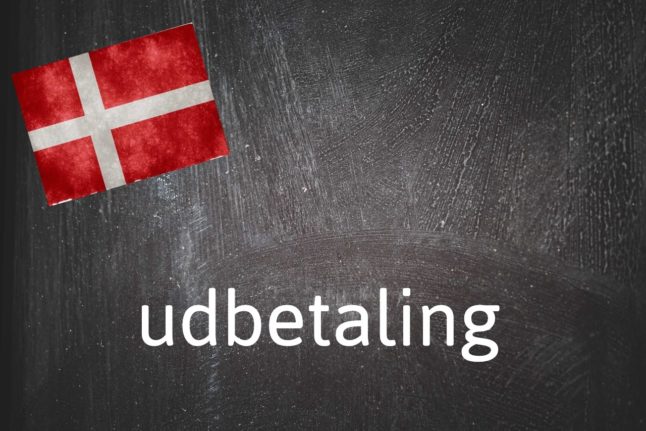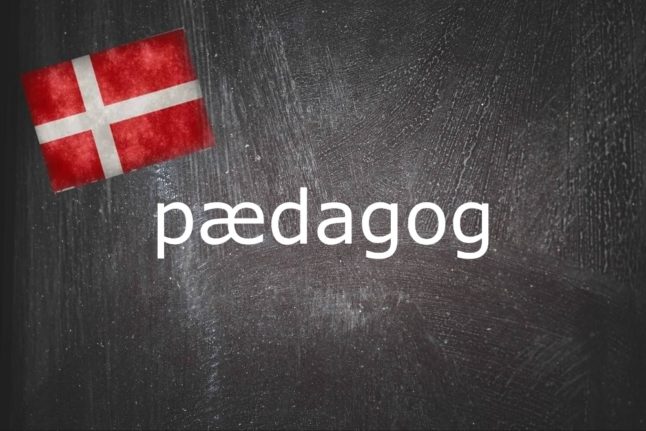What is udbetaling?
Udbetaling is a combination of the preposition “out” (ud) and the noun for “payment” (betaling), signifying a payment that goes in a specific direction. Usually towards you.
An udbetaling is therefore a payment that the subject of a sentence receives (and the opposite of an indbetaling) – most commonly heard in references to wages, tax rebates or other types of money transfer.
You can use udbetaling when talking about sending and receiving money.
It can also be used to explain practical issues such as when paydays are, whether you will be paid in arrears on starting a new job, and when deposits are returned: Der går maksimalt 30 dage fra udflytningsdato til evt. udbetaling af depositum
(“Any deposit due return will be paid out no more than 30 days from the date you move out”).
Why do I need to know udbetaling?
It’s an important term in banking and tax, and in any situation where you might be in a position to receive money: including at the end of the month, when payday is imminent.
A slightly less technical or more informal version of udbetaling or its verb at udbetale is overførsel or at overføre, literally “transfer” or “to transfer”.
Overføre and overførsel are more likely to refer to smaller or less critical sums of money, possible being sent between friends and family: Vil du lægge ud, når vi kommer til kassen? Jeg skal nok overføre halvdelen (“Will you pay when we get to the checkout? I’ll transfer half the money to you”).
Examples
Vil du med ud at spise i morgen? Jeg får udbetalt løn.
Do you want to go out for dinner tomorrow? My wages are going to be paid in.
Hold da op! Jeg fik udbetalt 7.000kr fra Skat efter årsopgørelsen.
Wow! I got a 7,000 kroner tax rebate at the end of the financial year.



 Please whitelist us to continue reading.
Please whitelist us to continue reading.
Member comments